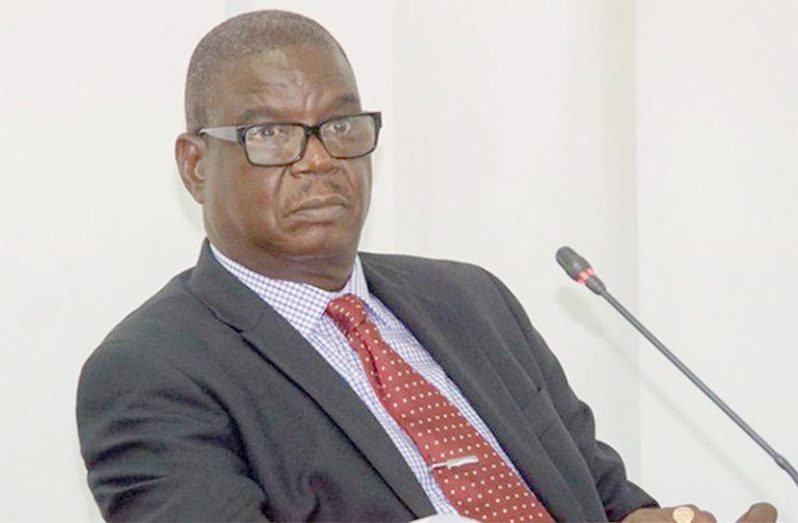SENIOR Magistrate Fabayo Azore has ruled that former Assistant Commissioner of Police Paul Slowe must lead a defence in his sexual assault cases, following her decision on Thursday to dismiss a no-case submission brought by his legal team.
The ruling was handed down at the Georgetown Magistrates’ Courts, where Magistrate Azore determined that the prosecution had presented sufficient evidence to warrant the continuation of the matter.
Slowe, who was charged on October 15, 2021, is accused of sexually assaulting a female police officer on three separate occasions in March and April 2019 at Police Headquarters, Eve Leary, Georgetown.
Slowe, who has denied the allegations, remains out on cash bail.

The matter has been adjourned to October 2025, when Slowe is expected to begin presenting his defence.
Representing the state in the matter is Senior Police Legal Adviser and Attorney-at-Law Mandel Moore. Slowe is being represented by a team of lawyers that includes Nigel Hughes, Dexter Todd, and Dawn Cush.
The allegations were first reported by the female police officer, prompting an investigation that culminated in the charges. The police also indicated that Slowe subsequently made public comments via social media that were directed at the complainant.
According to the police, those comments further traumatised the alleged victim and breached the protective provisions of the Sexual Offences Act.
The Act, which specifically seeks to shield the identity and dignity of complainants in sexual offence matters, prohibits public commentaries that could lead to the identification or targeting of the victim.
As a result of those social media remarks, police investigators compiled a separate case file which was sent to the Director of Public Prosecutions (DPP).
Upon review, the DPP, earlier this year, recommended that Slowe also be charged with “Anonymity for Complainant in Press Reporting” —an offence under the Sexual Offences Act. It is a criminal offence that prohibits the publication or broadcasting of any information that could lead to the identification of a complainant (victim) in a sexual offence case.



.jpg)









